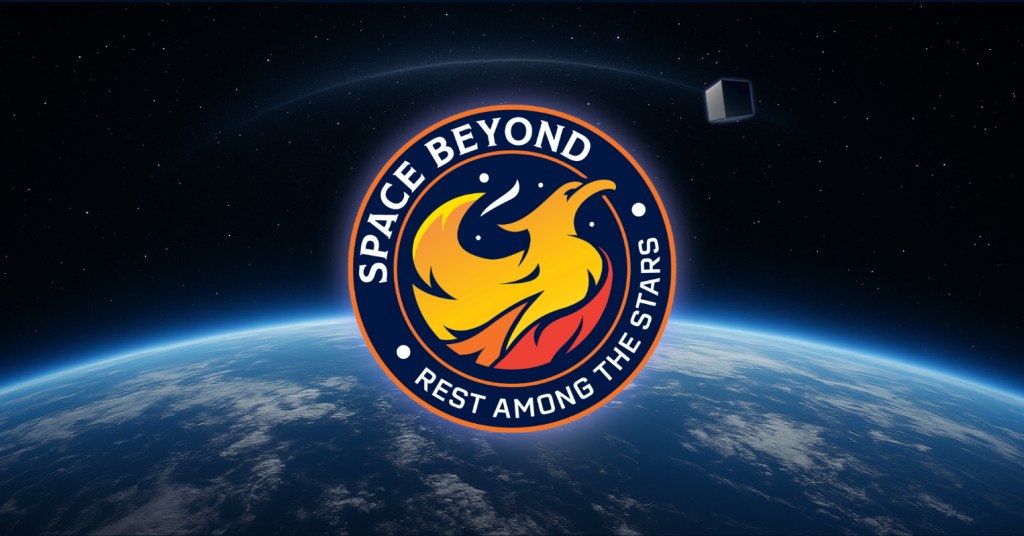In a recent development within the artificial intelligence sector, Windsurf, a prominent AI coding startup, has reported significant limitations imposed by Anthropic on its direct access to the Claude 3.7 Sonnet and Claude 3.5 Sonnet AI models. This move has introduced operational challenges for Windsurf, compelling the company to seek alternative solutions to maintain its service offerings.
Varun Mohan, CEO of Windsurf, expressed his concerns on social media, stating that Anthropic provided minimal notice regarding the reduction of first-party access to these AI models. Mohan emphasized that Windsurf had been transparent with Anthropic about its desire to fully utilize and pay for the capacity of these models. The abrupt decision has necessitated a swift transition to third-party compute providers to run several of Anthropic’s popular AI models on Windsurf’s platform.
In a blog post, Windsurf acknowledged that while some capacity is available through third-party inference providers, it may not suffice to meet user demand. Consequently, users might experience short-term availability issues when attempting to access Claude models via Windsurf. The company is actively working to ramp up capacity with other inference providers to mitigate these disruptions.
This development follows a series of interactions between Windsurf and Anthropic. Notably, during the launch of Claude 4, Anthropic’s latest family of models known for their superior performance in software engineering tasks, Windsurf did not receive direct access to integrate these models into its platform. This exclusion forced Windsurf to implement more complex and costly workarounds for developers seeking to utilize Claude 4. In contrast, other AI coding tools such as Anysphere’s Cursor, Cognition’s Devin, and Microsoft’s GitHub Copilot were granted direct access to Claude 4 models at launch.
The AI-assisted coding industry has witnessed intensified competition recently. Reports indicate that OpenAI finalized a deal to acquire Windsurf in April, highlighting the strategic importance of AI coding platforms. Simultaneously, Anthropic has been expanding its footprint in the AI coding domain. In February, the company introduced its own AI coding application, Claude Code, and in May, it hosted its inaugural Code with Claude developer conference, signaling a commitment to fostering a robust developer ecosystem around its AI models.
Steve Mnich, a spokesperson for Anthropic, addressed the situation by stating that the company is prioritizing capacity for sustainable partnerships that effectively serve the broader developer community. Mnich noted that access to Claude 4 on Windsurf remains possible, albeit through alternative arrangements.
The restriction of direct access to Claude AI models poses significant implications for Windsurf. The company must now navigate the complexities of integrating third-party compute providers, which may affect service reliability and user experience. Additionally, the need for rapid adaptation to these changes could strain resources and divert focus from core development activities.
This situation underscores the broader challenges within the AI industry, where access to advanced models is crucial for innovation and competitiveness. Startups like Windsurf rely heavily on seamless integration with leading AI models to deliver cutting-edge solutions to their users. Restrictions or changes in access can disrupt operations and necessitate swift strategic adjustments.
Furthermore, the dynamics between AI model providers and application developers highlight the importance of clear communication and collaboration. Ensuring that changes in access policies are communicated with adequate notice allows dependent companies to plan and adapt accordingly, minimizing potential disruptions to their services.
As the AI landscape continues to evolve, the relationships between model providers and application developers will play a pivotal role in shaping the industry’s trajectory. Companies must navigate these partnerships carefully, balancing the need for access to advanced technologies with the realities of competitive and strategic interests.
In conclusion, Anthropic’s decision to limit Windsurf’s direct access to Claude AI models presents a significant challenge for the startup. The situation highlights the complexities of dependency on third-party AI models and the necessity for robust contingency planning. As Windsurf works to mitigate the impact of these changes, the broader AI community will be watching closely to see how such challenges are addressed and what lessons can be learned for future collaborations in the industry.



